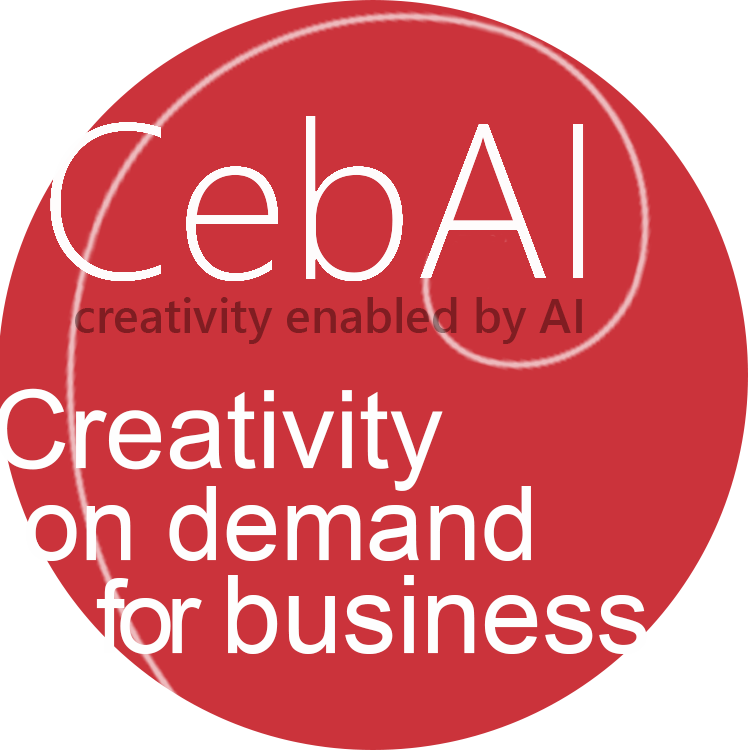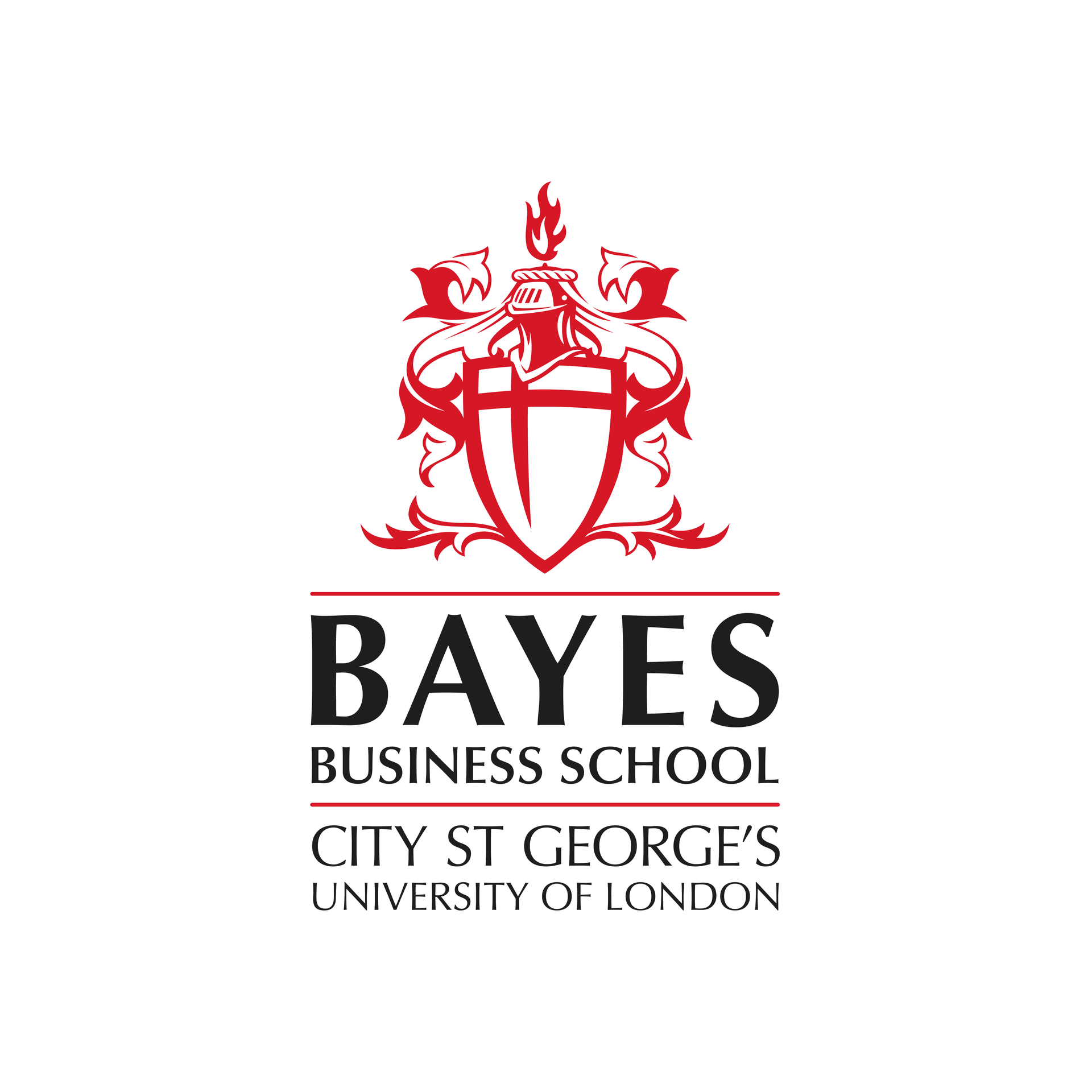Change or AI
Sam Steele
4 January 2024
How AI enables business innovation
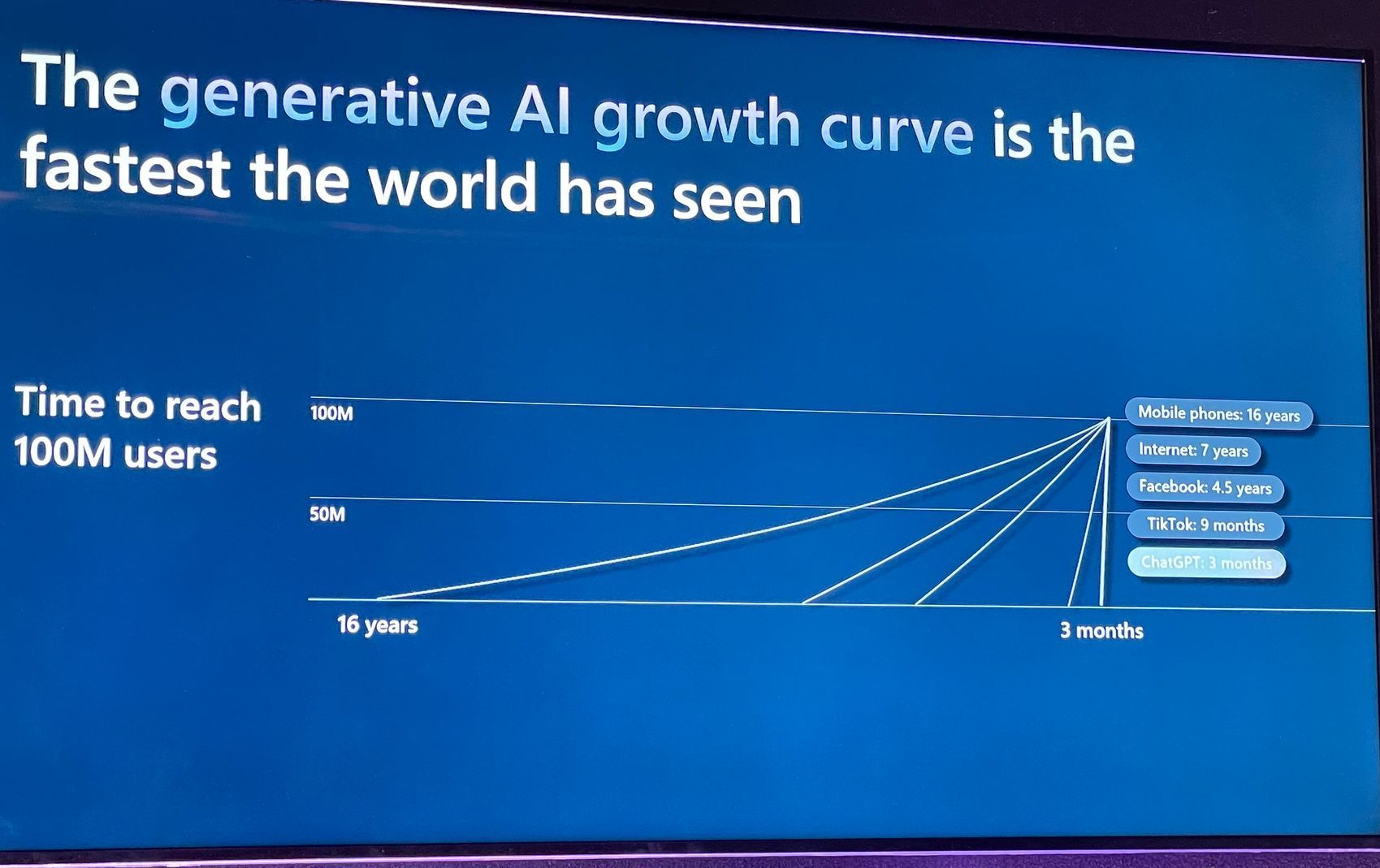
Change is happening faster than ever
The very fast pace of change is a challenge for businesses. It took 16 years to achieve 100m mobile phone users. In 2023 Chat-GPT clocked-up 100m users in just two months (Milmo, 2023) making it the fastest consumer tech adoption the world has ever seen.
AI is a technology wave that is so speedy, many people are still trying to understand how to best use it and apply it in their organisations, particularly in knowledge-based industries that value know-how over data analytics.
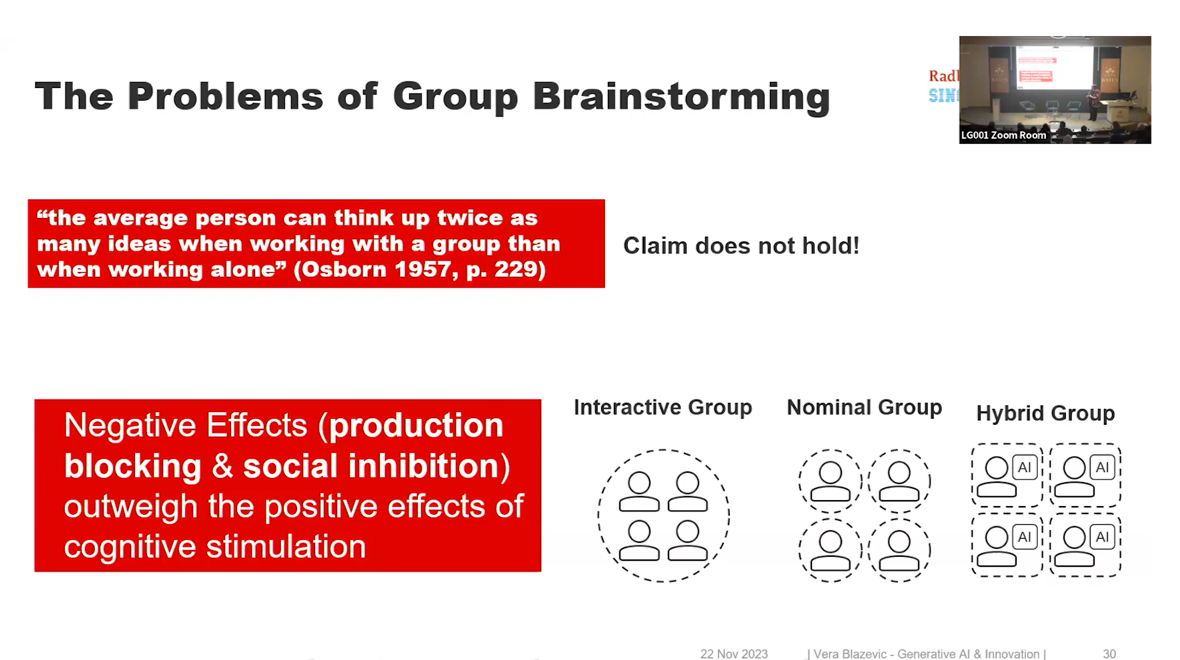
AI helps humans be more creative
Ongoing research at Radboud University in the Netherlands is demonstrating how AI will help overcome the limitations of traditional creativity techniques (Dr Vera Blazevic - The Benefits of Generative AI for Business Strategy and Innovation, 2023). Their work highlights that group dynamics in a brainstorming situation often creates lower quality ideation than enabling people to work alone with the help of an AI assistant.
A recent study from Harvard clearly showed that AI helped workers to produce higher quality work. Knowledge workers who were operating below the average threshold increased their performance by 43% (Dell’Acqua et al., 2023).
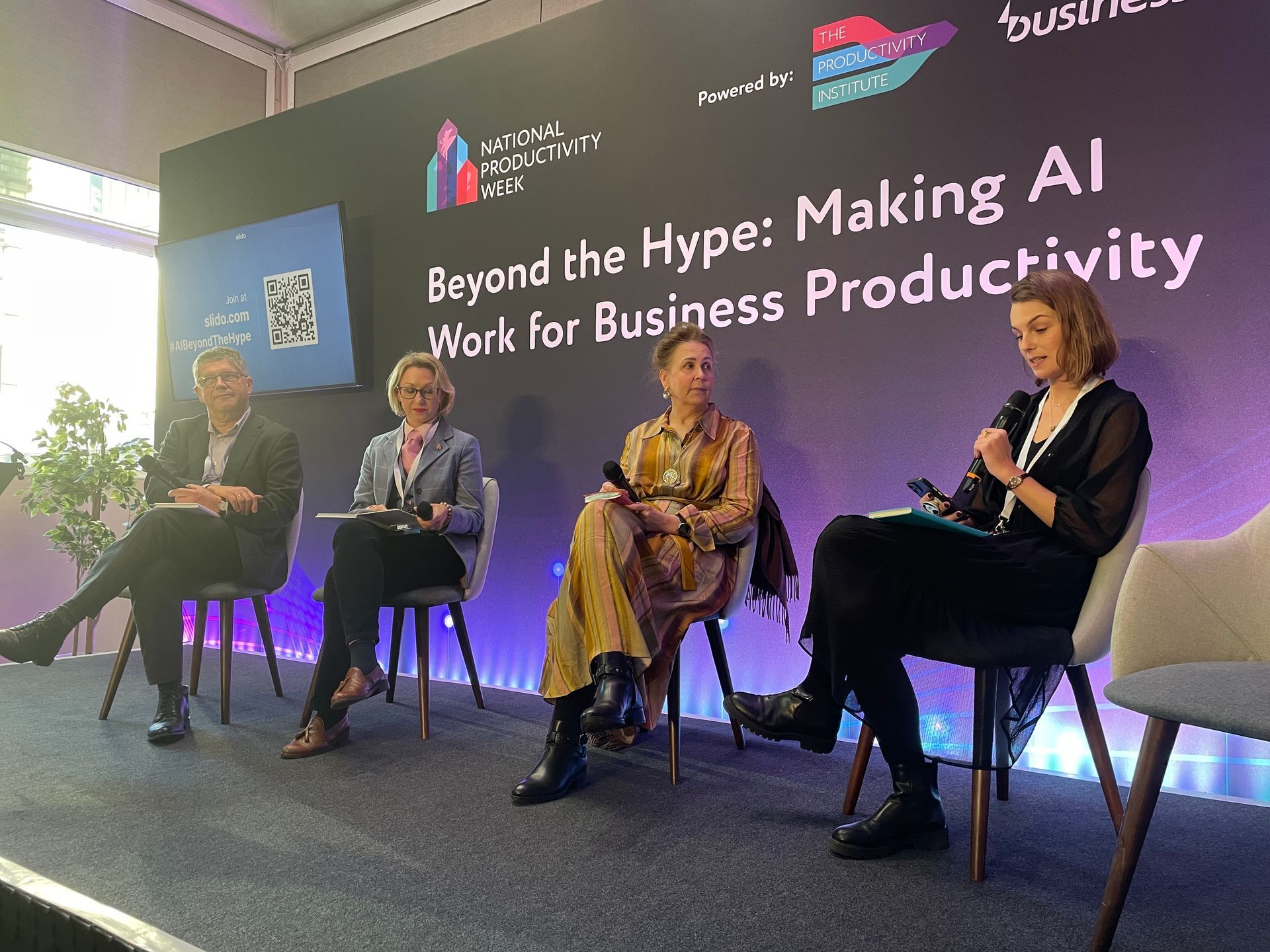
“businesses must innovate their businesses models”.
AI + culture change
Adopting AI by itself is not enough. At the November 2023 Be the Business Conference in Manchester, Beyond The Hype: Making AI Work For Business, speaker Tera Allas CBE, Director of Research and Economics at McKinsey said “productivity is only going to be transformed by changing habits, and that is a leadership challenge”.
It was a sentiment echoed by Prof. Bart Van Ark, Managing Director of The Productivity Institute, at the same event. Van Ark explained the benefits of AI as two-pronged. “Low hanging fruit is getting LLMs to assist you in complex routine tasks” he said. “AI will make business operations more efficient, but that is not the same as increasing growth”.
“The higher fruit that businesses must reach for is to innovate their businesses models, because that is what will directly affect growth”.
Our aim is to connect with more businesses and help them to understand how to use the emerging benefits of AI for business innovation, creativity and strategy.

"Analytical thinking is the number one skill workers will require"
The future is soft
The World Economic Forum predicts that between now and 2027, 44% of workers’ core skills will be disrupted, because technology is moving faster than companies can design and scale up their training programmes (WEF, 2023).
Cognitive skills and other “soft” skills, make up most of the top ten list of desired abilities. Analytical thinking is the number one skill workers will require in the next few years, and creative thinking comes in second place. Cognitive skills are becoming paramount, reflecting the increasing importance of complex problem-solving in the workplace.
Skills that we don’t prioritise in our education, with the UK National curriculum criticized as being so rule-focused it “crushes creativity” (Harris, 2016)
Business Sparks specifically supports these most important human thinking skills and enable businesses and individuals to generate innovative solutions to any strategic issues they are facing.

More than a chatbot
Unlike AI chatbots, our tools do not simply provide answers to questions, based on information that already exists on the internet. Business Sparks is explicitly coded, by domain experts, to ask the user relevant questions, to spark their own creative thought process, based on their own problem statement.
We use AI to augment and empower human creativity, not replace it.

Prime and reason
Before the AI explosion of the past 12 months, we were already building our own search algorithms using automated analogical reasoning. Analogical reasoning is a fundamental process of human cognition and creative problem solving.
Since Open AI changed the Chatbot game, we have also incorporated ChatGPT into the process. But, including the popular search and retrieval parsing partner is a relatively small update, our biggest USP remains heuristic programming.
We effectively use cognitive science principles that revolve around 'how humans think' and apply programmed problem solving methodologies like SCAMPER, constraint removal, creativity triggers, and more, to prompt the user to explore their problem statement and both generate and then edit down ideas.
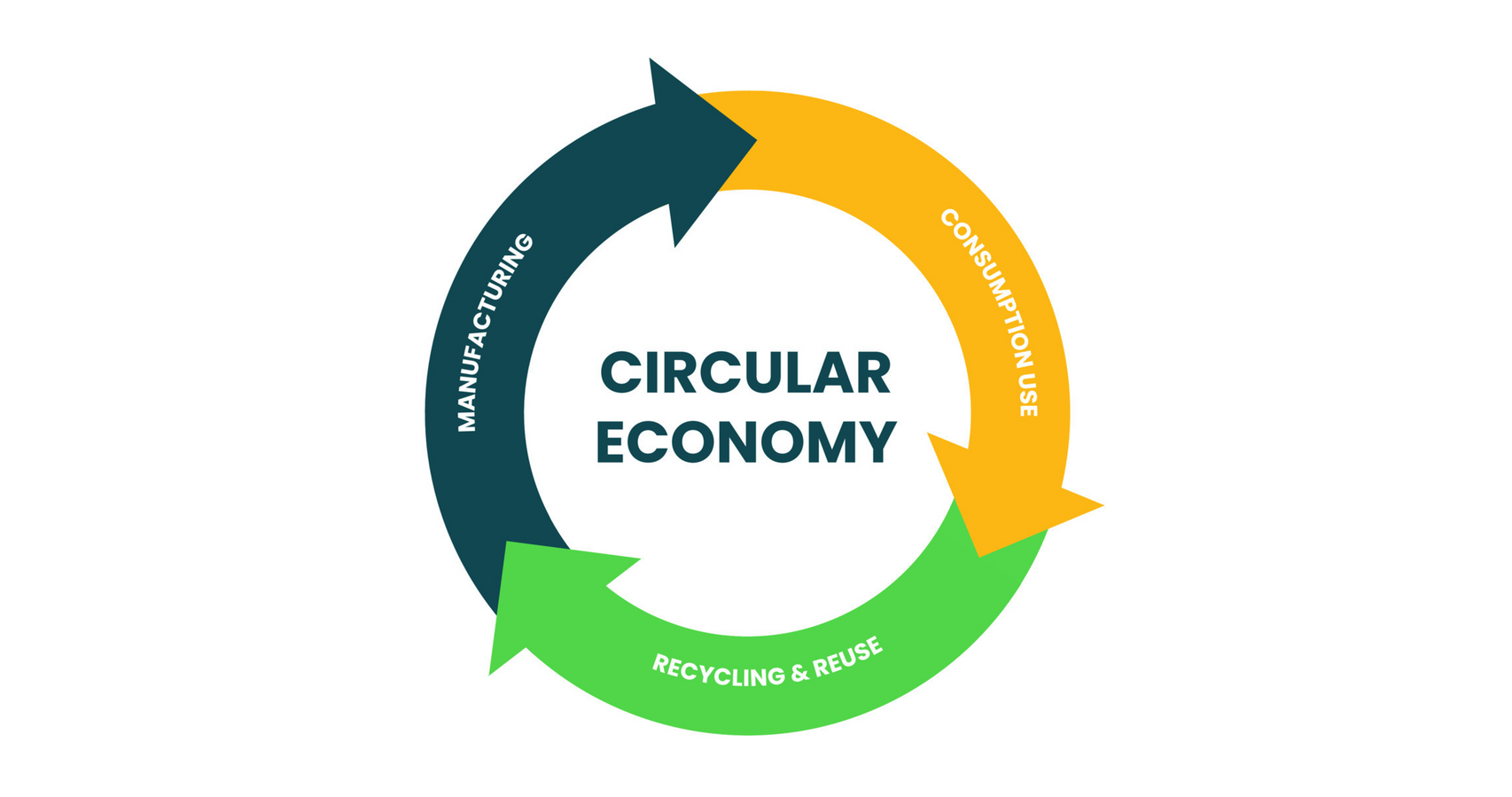
Going round in circles
We have also incorporated circular design into our tools, working with the British Design Council and the Ellen MacArthur Foundation.
A companion tool to Business Sparks,
Design Sparks, is a lightweight tool for product and service designers. It can generate prompts specifically around preventing waste and pollution and creating durable, reusable, repairable and recyclable products.


